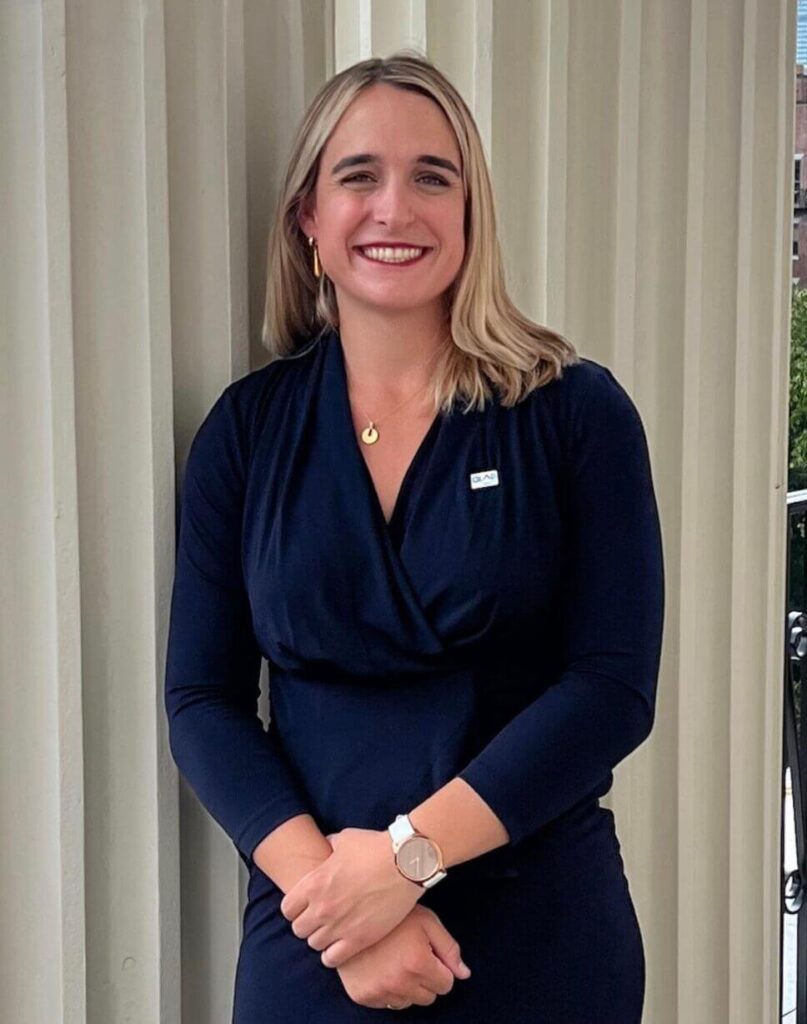To help clinicians understand how to take action and maintain best practices while addressing the needs of their gender-diverse patients, The Clinical Advisor spoke with Dallas Ducar, MSN, RN, NP, CNL, FAAN, a nurse practitioner, advocate, and the executive vice president of Donor Engagement and Public Relations at Fenway Health in Boston, Massachusetts. Previously, she was also the president and founding CEO of Transhealth, an organization providing gender-affirming care, led by a majority LGBTQ+ team.
Q: What are the most prevalent pressures on clinicians providing gender-affirming care today?
Dallas Ducar: The pressures we’re facing are unprecedented and multifaceted. Clinicians are navigating an increasingly hostile legal landscape where evidence-based care is being criminalized or severely restricted. We’re seeing colleagues forced to choose between following established guidelines and complying with state laws that contradict decades of research and clinical experience.
There’s also intense scrutiny of our clinical decision-making … Providers are experiencing harassment, both online and in their communities, and many are facing institutional pressure to limit or discontinue services. The psychological toll is significant—I know colleagues who’ve left the field entirely because the external pressures became unbearable.
Perhaps most concerning is how these pressures create barriers between clinicians and patients. When providers are afraid of legal repercussions, it compromises the therapeutic relationship and can delay or prevent necessary care. Our patients are watching us navigate this climate, and they’re understandably concerned about whether they can trust that their care will continue.
Q: What are the professional risks and ethical considerations for clinicians speaking out?
Dallas Ducar: This is where many of us feel caught between competing obligations. Our professional codes of ethics are clear: we have duties to advocate for our patients, to base our practice on evidence, and to speak out against injustice that harms health. Yet speaking publicly carries real risks—licensing board complaints, employer sanctions, personal safety concerns, and professional ostracization in some communities.
 Dallas Ducar, MSN, RN, NP, CNL, FAAN
Dallas Ducar, MSN, RN, NP, CNL, FAAN
The ethical imperative, however, is equally clear. When we remain silent, we become complicit in a system that’s actively harming vulnerable patients. We must ask ourselves, ‘What is our professional identity worth if we can’t defend evidence-based care for some of our most marginalized patients?’
I believe we have a responsibility to speak out thoughtfully and strategically. This doesn’t mean every clinician needs to become a public activist, but it does mean finding ways to use our expertise and credibility to counter misinformation and support access to care. The risk of inaction—watching patients lose access to life-saving care—far outweighs the professional risks of advocacy.
Q: How can clinicians educate about the holistic nature of gender-affirming care?
Dallas Ducar: This is crucial because the public discourse has been deliberately narrowed to focus on the most controversial interventions while ignoring the breadth of what we actually do. Gender-affirming care encompasses everything from basic respect and affirming language to mental health support, primary care coordination, and, yes, sometimes clinical interventions when appropriate.
We need to share stories that illustrate this holistic approach. Talk about the teenager whose depression lifted when their primary care provider used their chosen name consistently. Describe the comprehensive assessment process that includes mental health evaluation, family dynamics, and long-term planning. Explain how gender-affirming care improves outcomes across all health measures, not just gender-specific ones.
“
We must ask ourselves, ‘What is our professional identity worth if we can’t defend evidence-based care for some of our most marginalized patients?’
Professional organizations and individual clinicians should be creating educational content that demystifies our work. When we speak at conferences, write in professional publications, or engage with media, we should consistently frame gender-affirming care as comprehensive healthcare that addresses the full person, not isolated procedures.
Q: How can clinicians combat disinformation beyond direct patient care?
Dallas Ducar: Our expertise gives us unique credibility in these conversations, and we must use it strategically. This means engaging with professional societies to ensure they’re taking strong, evidence-based positions. It means writing letters to editors when local media publishes misleading information. It means serving as expert witnesses in legal proceedings and policy debates.
We should also be proactive in creating accurate, accessible content. Social media, community presentations, and collaboration with LGBTQ+ organizations can help us reach audiences who may never encounter accurate information otherwise. When we see colleagues sharing misinformation, we have an obligation to provide gentle correction and better resources.
Most importantly, we need to center patient voices and experiences alongside our clinical expertise. Data is powerful, but stories of real people whose lives have been transformed by compassionate, affirming care create understanding in ways that statistics alone cannot.
Q: What strategies can address bias and create more inclusive health care environments?
Dallas Ducar: This work starts with honest self-reflection. Every clinician needs to examine their own assumptions and biases—we all have them. This means ongoing education about LGBTQ+ experiences, understanding the historical trauma many trans patients carry from health care encounters, and recognizing how systemic oppression impacts health outcomes.
Systemically, we need to audit our practices and institutions. Are our intake forms inclusive? Do our staff know how to use chosen names and pronouns consistently? Are our facilities physically welcoming? Do we have clear non-discrimination policies that are actively enforced?
“
Remember that our patients and clients are watching how we respond now. They need to see that their health care providers will stand with them, will fight for their right to exist and thrive, and will not abandon them when the political climate becomes hostile.
Training should be ongoing, not one-time events. Staff need to understand that creating affirming environments requires active effort, not just the absence of overt discrimination. This includes understanding intersectionality—how race, class, disability, and other identities intersect with gender identity to create unique experiences and needs.
We also need to actively recruit and support LGBTQ+ clinicians and staff. Representation matters, and having people with lived experience on our health care teams can transform the culture of our institutions.
Q: What’s the single most important action clinicians can take to advocate for gender-affirming care?
Dallas Ducar: The most powerful thing we can do is continue providing excellent, evidence-based care while being vocal about why this care matters. Every positive outcome, every life saved or transformed, every family that stays together because their child received appropriate support—these are the stories that change hearts and minds.
But we cannot do this work in isolation. We must build coalitions with other health care providers, patients, families, professional organizations, and community advocates. Our individual voices are important, but our collective voice is transformative.
My advice to colleagues is this: start where you are, with what you have. If you’re not ready for public advocacy, mentor a colleague who is. If you can’t provide direct care, advocate for policies that support those who do. If you’re feeling overwhelmed, connect with others doing this work—you’re not alone.
Remember that our patients and clients are watching how we respond now. They need to see that their health care providers will stand with them, will fight for their right to exist and thrive, and will not abandon them when the political climate becomes hostile. Our profession’s integrity depends on our willingness to defend evidence-based, compassionate care for all patients, especially the most vulnerable.
This is not just about affirming care—it’s about the fundamental promise of health care to serve all people with dignity and respect. When we speak up for our patients, we’re defending the principles that make health care a healing profession.
Resources
GLMA: Health Professionals Advancing LGBTQ+ Equity
Association of Nurses in AIDS Care
Human Rights Campaign Health Care Equality Index
This article originally appeared on Clinical Advisor


